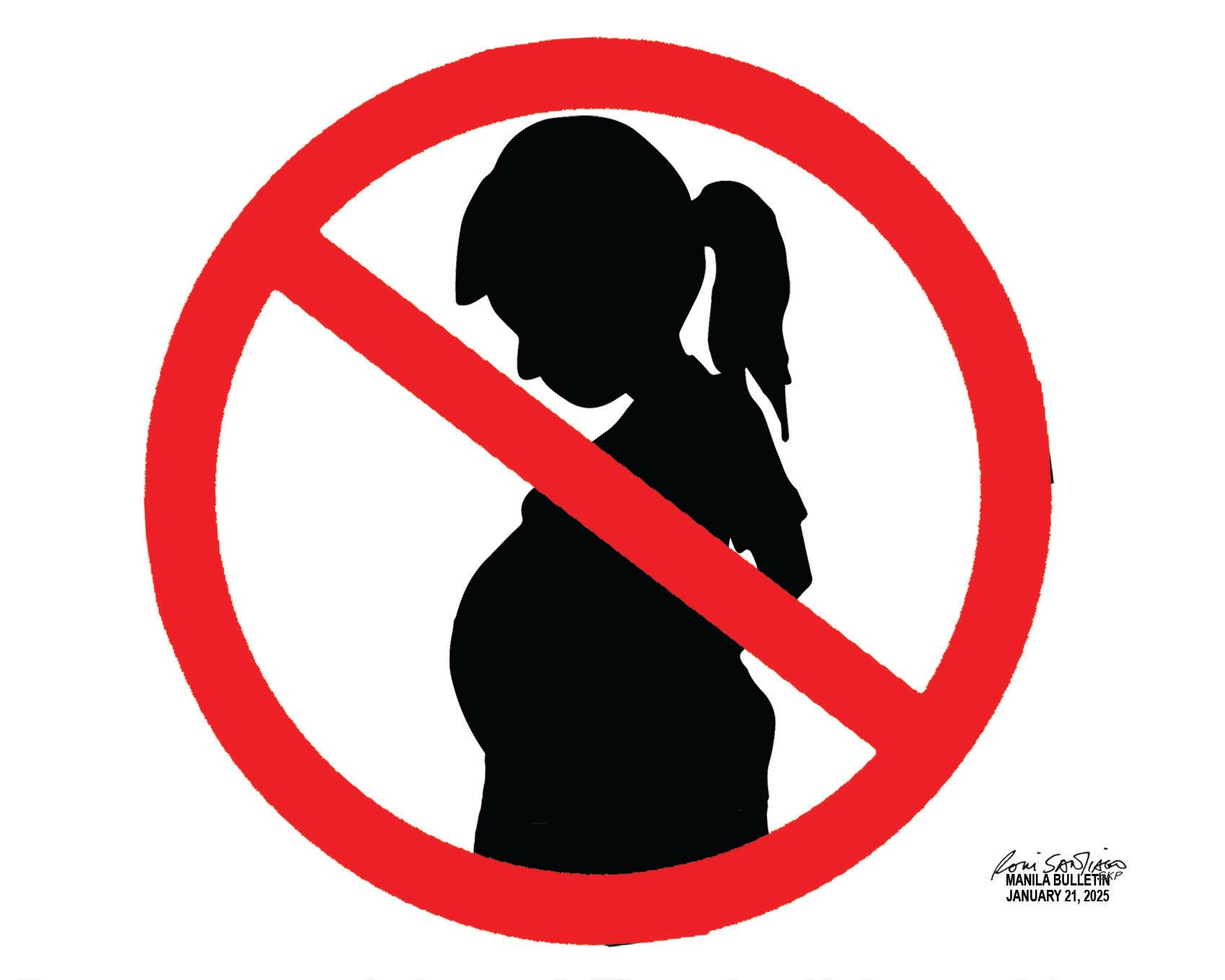
Last week, spirited debate over the enactment of a law mandating sexuality education among adolescent Filipinos seeped from social media to the mainstream national dailies.
In an interview, President Marcos stressed that the implementation of Comprehensive Sexuality Education (CSE) in public schools seeks to address rising concerns over teenage pregnancy, the increasing number of single mothers, and diseases related to early pregnancy; it would also stop the cycle of young mothers who are not knowledgeable in taking care of themselves and their children, which could also lead to child malnutrition.
Emphasizing that policy-making at the Department of Education (DepEd) is data-driven, Secretary Sonny Angara stressed on its focus on proactive steps to address the alarming rise in teenage pregnancy.
An online petition tagged as Project Dalisay, associated with the National Coalition for the Family and the Constitution, has also generated high interest, as it has called attention to Senate Bill 1979, sponsored by Senator Risa Hontiveros which if enacted, would have to be harmonized with House Bill 8910 that was passed with a unanimous vote of 232-0 in September 2023.
At the heart of the current debate is the welfare of adolescent Filipinos. As of 2020, Philippine Statistics Authority (PSA) figures show that 33.4 million or 30.7 percent were under 15 years of age, or young dependents, whose early growth and development is the focal point of this pressing issue.
Project Dalisay seeks to “safeguard the sanctity of the Filipino family and the innocence of our children” by advocating for sex education that aligns with our cultural, religious and constitutional foundation. It is an initiative by the National Coalition for the Family and the Constitution (NCFC).
Teenage pregnancy remains a significant challenge, with the Philippines having one of the highest rates of adolescent births in Southeast Asia. It is a crisis with profound implications for the health, education, and socio-economic prospects of young Filipinos, particularly girls. Early pregnancies often lead to interrupted schooling, poor maternal and child health outcomes, and a cycle of poverty that affects generations.
The bill aims to provide a comprehensive and rights-based approach to addressing this issue. It emphasizes access to age-appropriate sexual and reproductive health education, improved healthcare services for adolescents, and community engagement to promote responsible behaviors. These measures, proponents argue, are essential for empowering young people to make informed decisions about their health and future.
What is urgently needed is a comprehensive national dialogue and consensus-building process that prioritizes the health, well-being, and welfare of young Filipinos. The Prevention of Adolescent Pregnancy Act should not be viewed as a threat to cultural and religious values but as an opportunity to find common ground.
It is indisputable that there is need for a comprehensive and rights-based approach to addressing this issue. Emphasis must be placed on access to age-appropriate sexual and reproductive health education, and community engagement to promote responsible behavior.
However, opposing groups express concerns that the proposed Senate bill undermines traditional family values and religious principles. Project Dalisay’s online petition campaign asserts that the measure promotes promiscuity and erodes the moral fabric of society. Senator Hontiveros has refuted these claims, emphasizing that the bill respects cultural and religious sensibilities while prioritizing the urgent need to protect adolescents from the adverse consequences of early pregnancy.
The nation must come together to ensure that the discourse remains grounded in facts, compassion, and a shared commitment to the common good. Let this moment serve as a turning point for collective action, guided by the principle that the well-being of our youth is the foundation of a brighter future for the Philippines.